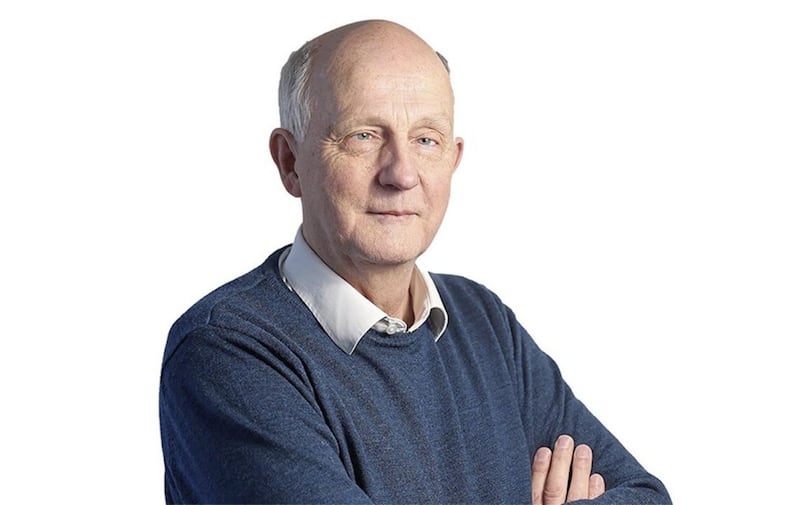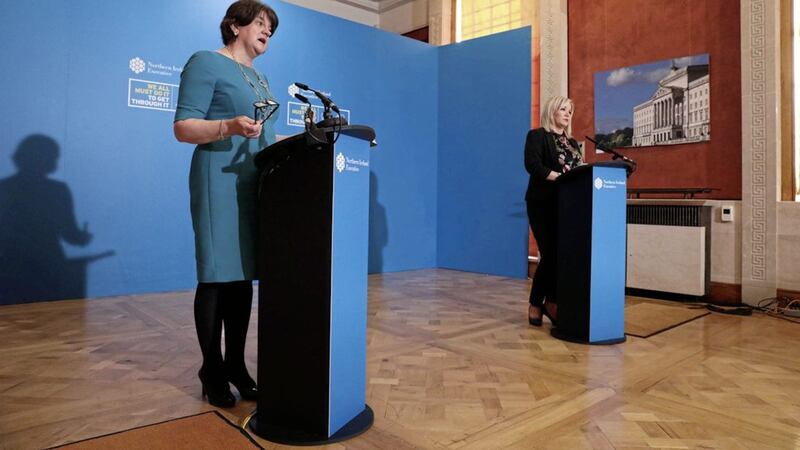At the start of the lockdown there was a wonderfully gung-ho approach to the crisis we faced.
That's probably because, generally speaking, we aren't afraid of a challenge and we aren't afraid of personal sacrifice or inconvenience if we believe it's for both the personal and collective good. Unseasonably good weather helped; massive government support eased the worries of millions; and we managed to alleviate the boredom with box-sets, gaming marathons and house/garden projects. And in the back of our mind was a high level of hope that a vaccine was around the corner and we'd soon be back to the 'old normal.'
It's different now. Increasing numbers of people don't believe that things will have changed in four weeks time. They know there won't be a vaccine. They know the virus won't have disappeared. They know it's likely the infection rates will grow again if the latest restrictions are eased (which is what happened the last time restrictions were eased). The furlough payments are being reduced, which means people who weren't really struggling from March through to now will begin to take a financial hit. Crucially, many businesses which, just about, held on, are likely to go to the wall this time.
Any strategy - even if it is deployed in a number of ways - is ultimately dependent on those effected by it believing it will work. That was the case in March. It is not the case now. Even people who are willing to comply with the latest restrictions acknowledge that it's probably not going to be enough. But they comply because they haven't been persuaded by the arguments of those who, while complaining about lockdown or partial lockdown restrictions (or Johnson's three-tier approach), don't seem to have a coherent alternative. Whinging about mask-wearing or access to pubs may get lots of 'likes' on social media, but it doesn't amount to a policy.
Talking about whingers. One of my followers on Twitter likes to describe the crisis as a 'scamdemic' and recently dismissed me as a 'bed-wetter' because I said I would observe regulations, including the wearing of a mask. He even boasted that no-one would take his freedoms from him. I recognised him on a forecourt a few days ago. He had chosen the pay-at-pump option. He was wearing gloves and a mask. I introduced myself and asked about the 'protections': "One of my children has underlying health issues, so I'm putting her interests first." Maybe the mask disguised it, but I didn't get the impression he was aware of the irony in his explanation.

The concerns people seem to have about the potential effectiveness of this round of restrictions is reflected in a recent opinion poll by LucidTalk, which indicated two-thirds (67 per cent) worry more about the health impact than the economic impact (27 per cent) of the virus. That figure represents rare good news for the executive, for it suggests most people will obey the restrictions because they are worried about contracting the virus. And anecdotal experience suggests that most of the 27 per cent will be like my forecourt man (which sounds like an entirely new polling demographic) - happier behind a keyboard than leading an anti-restriction rebellion.
What cannot be denied is that we are in a very strange place: obeying restrictions we're not convinced will work anytime soon. Obeying them and hoping for the best. Obeying them while knowing their consequences might result in closures, redundancies and higher taxes. Obeying them, yet expecting even more in a few weeks time. It isn't, by the way, blind obedience. It's much more than that. It's something I would describe as survival obedience: that sense of being in a once-in-a-lifetime crisis which we defeat collectively or not at all. So yes, there will be errors of policy and overreactions, but if we hold our nerve most of us will get through it in one piece.
That's why it's essential that the executive stand as one: stand with the rest of us, in other words. Tuesday was a bit of a dog's dinner day for them, taking forever to reach agreement and briefing against each other along the way. There is no Orange and Green dimension to CV-19. No constitutional dimension, either. It's an indiscriminate beast that doesn't recognise our personal views.
The message to the executive couldn't be clearer: if you want as many people as possible to continue complying and cooperating together in common cause then demonstrate that compliance and cooperation in your own actions.








